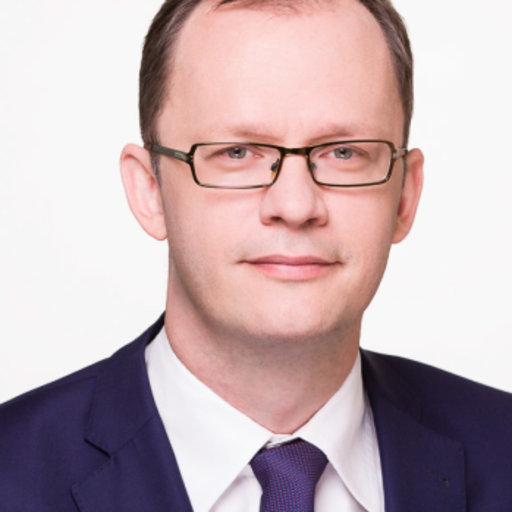בינלאומיות בפקולטה
חילופי סטודנטים, GLP ותואר שני בינלאומי
Global Law Program
Semester 1

Dr. Omer Kimhi
University of Haifa
Mrs. Jacki Silbermann
University of Haifa
- 30/09/2413:00-17:00
- 08/10/2412:00-16:00
- 10/10/2414:00-18:00
- 13/10/2412/00-14:00
- 01/11/2408:30-12:00
- 03/11/2410:00-12:00
- 08/11/2408:30-12:00
Dr. Hila Nevo
University of Haifa
- 01/10/2408:30-12:00
- 07/10/2408:30-12:00
- 09/10/2408:30-12:00
- 14/10/2408:30-12:00
- 27/10/2408:30-12:00
- 29/10/2408:30-12:00
- 30/10/2408:30-12:00
- 04/11/2408:30-12:00
- 06/11/2408:30-12:00

Prof. Alessandro Pomelli
Bologna University Italy
- 28/10/2414:00-17:30
- 30/10/2414:00-17:30
- 31/10/2414:00-17:30
- 03/11/2414:00-17:30
- 04/11/2414:00-17:30
- 05/11/2414:00-17:30

Prof. Jaroslaw Beldowski
University of Warsaw
Dr. Hila Nevo
University of Haifa
- 18/11/2410:00-14:00
- 19/11/2410:00-14:00
- 20/11/2410:00-14:00
- 21/11/2410:00-14:00
- 22/11/2410:00-14:00
- 24/11/2408:30-12:00
- 26/11/2410:00-12:00
- 27/11/2410:00-12:00
- 28/11/2410:00-12:00
- 01/12/2408:30-12:00
- 05/12/2410:00-12:00
- 11/12/2408:30-12:00
- 12/12/2410:00-12:00
Hadar Zasbotinsky
- 02/11/2408:30-12:00
- 03/11/2408:30-12:00
- 04/11/2408:30-12:00
- 08/11/2408:30-12:00
- 09/11/2408:30-12:00
- 10/11/2408:30-12:00

Prof. Sacha Bourgeois-Gironde
University of Haifa
- 13/11/2416:00-19:30
- 20/11/2410:00-12:00
- 20/11/2414:00-15:30
- 27/11/2410:00-12:00
- 27/11/2414:00-15:30
- 04/12/2416:00-19:30
- 11/12/2416:00-19:30
- 18/12/2416:00-19:30

Prof. Sacha Bourgeois-Gironde
University of Haifa
- 10/11/2412:00-15:30
- 17/11/2412:00-15:30
- 24/11/2412:00-15:30
- 01/12/2412:00-15:30
- 08/12/2412:00-15:30
- 15/12/2412:00-15:30
Frantzeska Papadopoulou
Stockholm University
- 24/1115:00-19:00
- 29/1109:30-13:30
- 02/1216:00-20:00
- 05/1210:00-14:00
- 10/1210:00-14:00
- 12/1210:00-14:00
Tatjana Hörnle
Max-Planck-Institut Freiburg
- 08/12/2416:00-19:30
- 10/12/2416:00-19:30
- 12/12/2416:00-19:30
- 16/12/2416:00-19:30
- 18/12/2416:00-19:30
- 19/12/2416:00-19:30
Michala Meiselles
Law School, Derby University
- 17/12/2412:00-15:30
- 19/12/2412:00-15:30
- 22/12/2412:00-15:30
- 24/12/2412:00-15:30
- 26/12/2412:00-15:30
- 30/12/2412:00-15:30
Semester 2
Hans-Bernd Schäfer
Bucerius Law School
- 25/03/2516:00-19:30
- 27/03/2516:00-19:30
- 31/03/2516:00-19:30
- 01/04/2516:00-19:30
- 03/04/2516:00-19:30
- 06/04/2516:00-19:30
Jakub Míšek
Masaryk University
František Kasl
Masaryk University
- 05/05/2516:00-19:30
- 07/05/2516:00-19:30
- 08/05/2516:00-19:30
- 12/05/2516:00-19:30
- 14/05/2516:00-19:30
- 15/05/2516:00-19:30
Emanuele Menegatti
Bologna University
- 19/05/2516:00-19:30
- 21/05/2516:00-19:30
- 22/05/2516:00-19:30
- 26/05/2516:00-19:30
- 28/05/2516:00-19:30
- 29/05/2516:00-19:30
Sophie Robin-Olivier
University Paris 1
- 18/05/2516:00-19:30
- 29/05/2512:00-15:30
- 21/05/2512:00-15:30
- 22/05/2512:00-15:30
- 25/05/2516:00-19:30
- 26/05/2512:00-15:30
Anthony Julius
- 04/05/2516:00-19:30
- 06/05/2516:00-19:30
- 08/05/2512:00-15:30
- 11/05/2516:00-19:30
- 13/05/2516:00-19:30
- 15/05/2512:00-15:30
Test dates: 18-22/05